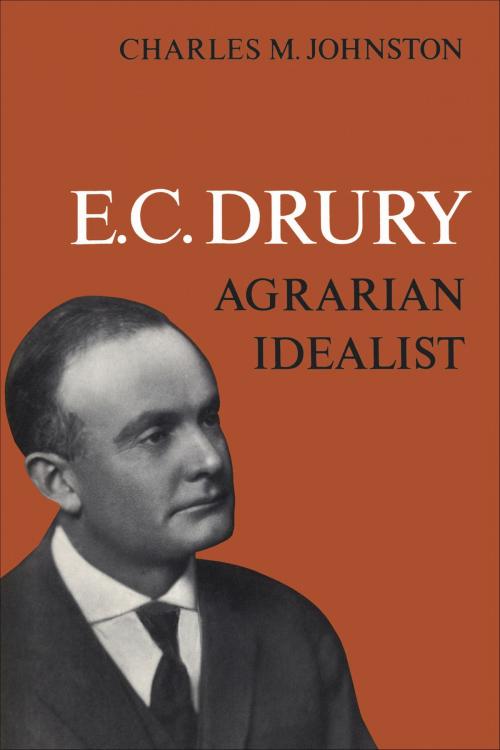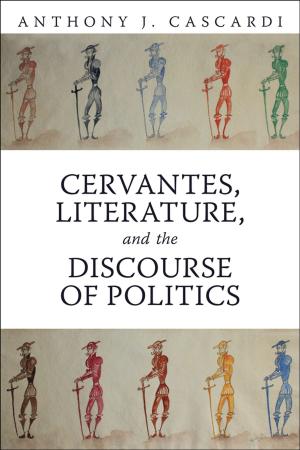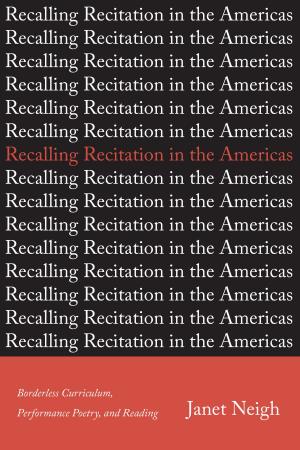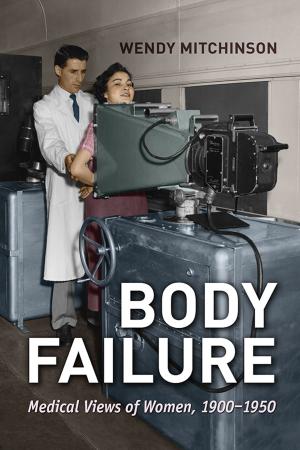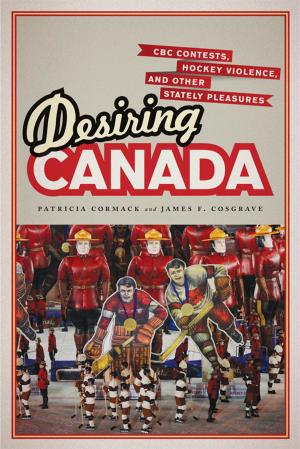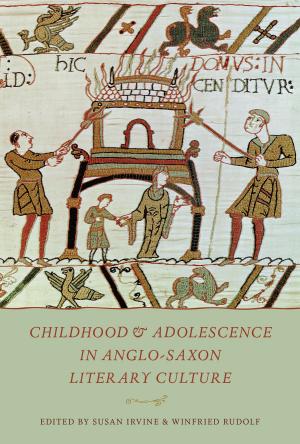| Author: | Charles M. Johnston | ISBN: | 9781487590598 |
| Publisher: | University of Toronto Press, Scholarly Publishing Division | Publication: | December 15, 1986 |
| Imprint: | Language: | English |
| Author: | Charles M. Johnston |
| ISBN: | 9781487590598 |
| Publisher: | University of Toronto Press, Scholarly Publishing Division |
| Publication: | December 15, 1986 |
| Imprint: | |
| Language: | English |
In a fiercely fought provincial election in 1919, a new political movement came to power in Ontario. The victorious party was the United Farmers of Ontario. Its leader, Ernest Charles Drury (1878-1968), became the province's eighth premier.
Idealistic agrarian reformer, staunch temperance man, free-trade advocate, Simcoe County 'yeoman,' and progressive populist, Drury was a man of the people and of the land, inevitably tagged the Farmer Premier. In this biography, Charles M. Johnston follows the career of Drury through agrarian activism and partisan politics, and explores the personal and ideological forces that directed him.
Drury began his career in the farm movement as leader of the Dominion Grange and Farmers' Alliance. He went on to act as the driving force behind the Canadian Council of Agriculture, and then co-founded the UFO in 1913.
Activist though he was, Drury as a premier sought no dramatic departures from established political procedures. When others of his party did, notably J.J. Morrison and W.C. Good, Drury disavowed their class-consciousness and their formula of group government. Instead he advocated the creation of a people's party, based on what he called Broadening Out – an appeal to all citizens, regardless of class, occupation, or political stripe, who were seen to share the farmer's desire for a more humane, moral, and progressive society in the wake of the First World War.
The question of Broadening Out was a controversial one within agrarian ranks, and it led to dissension among the leaders. This weakening of the party combined with the shrewd tactics of Howard Ferguson's Tories to bring about the Drury government's downfall in 1923. During its four years in power it had enacted some solid social welfare legislation, but its defeat was resounding. With it came the effective end of Drury's political career.
Johnston offers a revealing study of a brief chapter in Ontario history and of the man whose principles and ideals shaped it.
In a fiercely fought provincial election in 1919, a new political movement came to power in Ontario. The victorious party was the United Farmers of Ontario. Its leader, Ernest Charles Drury (1878-1968), became the province's eighth premier.
Idealistic agrarian reformer, staunch temperance man, free-trade advocate, Simcoe County 'yeoman,' and progressive populist, Drury was a man of the people and of the land, inevitably tagged the Farmer Premier. In this biography, Charles M. Johnston follows the career of Drury through agrarian activism and partisan politics, and explores the personal and ideological forces that directed him.
Drury began his career in the farm movement as leader of the Dominion Grange and Farmers' Alliance. He went on to act as the driving force behind the Canadian Council of Agriculture, and then co-founded the UFO in 1913.
Activist though he was, Drury as a premier sought no dramatic departures from established political procedures. When others of his party did, notably J.J. Morrison and W.C. Good, Drury disavowed their class-consciousness and their formula of group government. Instead he advocated the creation of a people's party, based on what he called Broadening Out – an appeal to all citizens, regardless of class, occupation, or political stripe, who were seen to share the farmer's desire for a more humane, moral, and progressive society in the wake of the First World War.
The question of Broadening Out was a controversial one within agrarian ranks, and it led to dissension among the leaders. This weakening of the party combined with the shrewd tactics of Howard Ferguson's Tories to bring about the Drury government's downfall in 1923. During its four years in power it had enacted some solid social welfare legislation, but its defeat was resounding. With it came the effective end of Drury's political career.
Johnston offers a revealing study of a brief chapter in Ontario history and of the man whose principles and ideals shaped it.
